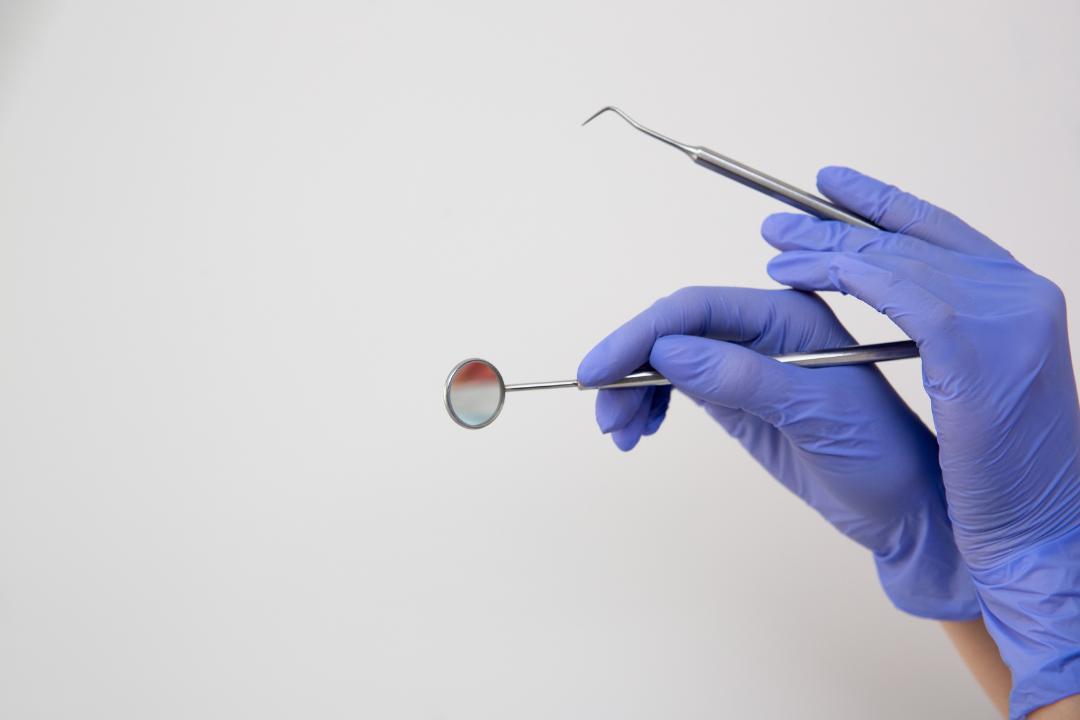Outsourcing has become popular for many dental practices looking to streamline their revenue cycle management. With the increasing complexity of insurance claims and reimbursement processes, it can be challenging for in-house billing teams to keep up with aging claims.
That’s where dental billing outsourcing companies come in. These companies specialize in handling all aspects of dental revenue management, from claims submission to follow-up and appeals. Dental practices can significantly improve their claim resolution process by utilizing their expertise and resources.
Below, we’ll explore some of the top strategies dental billing professionals use to resolve aging claims and how outsourcing these tasks can benefit your practice.
Insurance Follow-Up Calls
One of the most effective strategies dental billing professionals use to resolve aging claims is making regular follow-up calls with insurance companies. These calls are dedicated time each day for team members to contact insurance companies about specific outstanding claims. This proactive approach ensures that claims do not fall through the cracks and remain at the forefront of the insurance company’s attention.
These calls allow billing teams to gather important information about a claim’s status, identify any missing or incorrect information, and address any issues that may delay payment. With regular follow-up calls, dental billing professionals can stay on top of their aging claims and prevent them from becoming overdue.
Detailed Claim Notes
Dental billing professionals maintain comprehensive notes for each claim to ensure accuracy and accountability throughout the billing process. These detailed records document all interactions with insurance representatives, including submission dates and any additional information requested.
Proper note-taking enhances communication within the billing team and provides a reference for future follow-ups, thereby streamlining the resolution process.
To effectively manage claims, professionals focus on the following key aspects while documenting:
- Interaction Records: Log details of every conversation with insurance representatives, including dates, times, and outcomes.
- Submission Dates: Clearly note when claims are submitted to avoid confusion about timelines and expected payment dates.
- Requested Information: Document any additional information requested by insurers, including deadlines for submission.
- Follow-Up Actions: Outline any planned follow-up actions based on the responses received during interactions, ensuring accountability and persistence.
Using these detailed notes, dental billing professionals can efficiently track the progress of aging claims and address any issues promptly.
Immediate Resubmission of Corrected Claims
Dental billing outsourcing companies have the resources and expertise to identify and correct issues with denied or rejected claims quickly. They understand that timely resubmission is crucial for prompt payment, so they prioritize promptly addressing these claims.
Using their detailed notes and knowledge of insurance policies, they can pinpoint the exact reason for denial or rejection and take necessary action to fix it. This includes correcting the claim, providing additional information, or appealing the decision if needed.
By efficiently managing denials and rejections, dental billing professionals can significantly reduce aging claims and expedite processing times. Outsourcing companies can help dental practices maximize revenue by minimizing claims reimbursement delays.
Direct Contact With Insurance Adjusters
Dental billing outsourcing companies establish direct connections with specific insurance adjusters responsible for handling a practice’s claims. This direct line of communication fosters better relationships, resulting in quicker resolutions for aging claims. By knowing the key contacts at each insurance provider, billing professionals can address issues more effectively and reduce the time it takes to process claims.
Direct contact with insurance adjusters lets dental practices gain insights into each claim’s status. This strategy promotes transparency and builds trust between the dental office and the insurance companies, contributing to a more efficient billing process.
Enhanced Communication
Clear and direct communication leads to a better understanding of claim requirements and reduces the likelihood of errors. Regular interactions with insurance adjusters ensure billing teams have up-to-date information regarding any changes in policies or practices.
Quicker Resolutions
When dental billing professionals can speak directly to the right adjusters, the time needed to resolve claims decreases significantly. This proactive approach helps swiftly address issues as they arise, preventing claims from becoming overdue.
Increased Claim Approval Rates
Establishing rapport with insurance adjusters often leads to improved claim approval rates. Adjusters are more likely to pay attention to claims from practices they know and work with regularly, which can lead to better outcomes for the dental practice.
Reduced Aging Claims
Dental billing outsourcing companies can effectively reduce the number of aging claims by maintaining direct contact with adjusters. This strategy allows practices to secure timely payments and enhances overall revenue cycle management.
Pre-Authorization Verification
Before performing any treatment, dental billing professionals verify pre-authorizations with insurance companies to ensure coverage and compliance with their requirements. This step is crucial in preventing post-treatment denials and payment delays.
By proactively verifying pre-authorizations, billing teams can identify prior authorizations required for specific treatments or procedures. This helps prevent unexpected out-of-pocket costs for patients and ensures that the practice receives timely reimbursement from insurance companies.
Customized Appeal Letters
Dental billing professionals write detailed and personalized appeal letters to contest insurance denials. These letters directly address the reasons for denials, using specific supporting documents and references to relevant policy guidelines to strengthen their case.
To create effective appeal letters, professionals focus on the following key components:
- Clear Identification: Clearly state the patient’s name, claim number, and treatment date to eliminate confusion.
- Specific Denial Reasons: Address each reason given by the insurer for the denial in a straightforward manner.
- Supporting Documentation: Include necessary documents, such as x-rays, treatment notes, and previous correspondence with the insurer.
- Policy References: Cite relevant sections from the insurance policy that support the claim for payment, reinforcing the validity of the appeal.
By personalizing each appeal letter to the specific denial reasons and providing supporting evidence, dental billing professionals increase the chances of overturning denials and securing payment for their clients.
Ready to Hire a Dental Billing Outsourcing Company?
Dynamic Dental Solutions can help your practice benefit from these successful strategies and more. Contact us now to learn more about our services!




